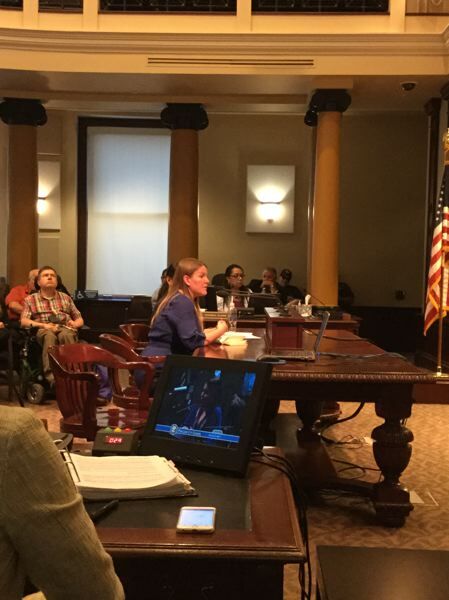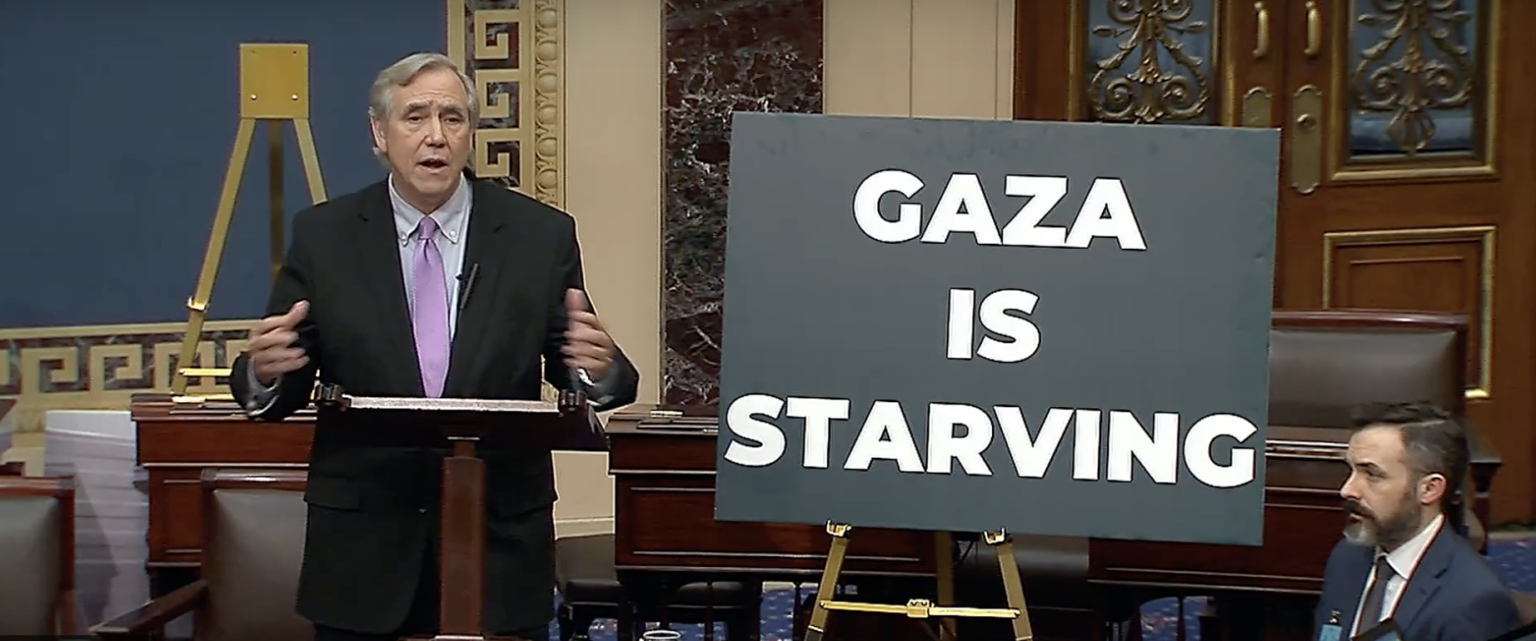Uber, Lyft get four more months on Portland streets
Published 12:00 am Thursday, August 20, 2015

- Brooke Steger, Uber general manager for the Northwest, said the company has contracted with more than 2,000 drivers so far in Portland. An increasing number have signed up each month for the past four months.
The city of Portland will extend its four-month pilot project in taxi deregulation another four months, Transportation Commissioner Steve Novick said Thursday.
Trending
The pilot project enabled Uber and Lyft to enter the market in April, and the companies have since flooded the market with about 2,500 taxis operated by mostly amateur drivers using their own cars, with customers hailing rides via smartphone.
The City Council on Thursday heard a final report from a task force appointed by Novick that recommended permanent measures to deregulate the taxi industry. The task force recommended lifting caps on the number of taxis allowed to operate in town and suggested subsidies for taxis that serve customers in wheelchairs, among other features.
But Novick said he wasn’t quite ready to move forward.
Trending
“There are issues that I still want to explore,” said Novick, who took over regulation of the industry several months ago when that responsibility was shifted from the Revenue Bureau to the Portland Bureau of Transportation, which he oversees.
Novick said he’s “uneasy” that Uber and Lyft raise their rates — so-called surge pricing — in the early hours of the morning when there are no alternative ways for people to get around.
And he said he wants to help taxi companies that invested in new wheelchair-accessible vehicles, as required by the city before deregulation, but now find those uneconomical to operate. The hardest-hit company is Green Cab, which bought 13 wheelchair-accessible vehicles costing $37,000 to $41,000 each, to comply with a city requirement that 20 percent of each taxi company fleet be so equipped.
Now the city is poised to dump that requirement and substitute a minimum response time for all companies, taxis and Uber and Lyft, to pick up people in wheelchairs. Taxi companies aren’t allowed to charge more for people in wheelchairs, so it’s hard to recoup the costs of those specially equipped vehicles.
“I think that is a legitimate fairness concern,” Novick said. “This is an argument that kind of tears at my heartstrings a little bit.”
As the city extends its pilot project, it will step up enforcement of its conditions, Novick said.
One of those was that Uber and Lyft offer wheelchair-accessible vehicles throughout the city around the clock, which neither company has consistently done.
Brooke Steger, Uber general manager for the Northwest, said Portland is its first market in the world where it has enlisted drivers with vehicles equipped to carry passengers with wheelchair lifts. However, the company has signed up only four such drivers; the remaining services are provided on contract with another company.
Early data from the pilot project showed that Uber quickly moved into a dominant position here, capturing, along with Lyft, more than half the local market.
Steger said the San Francisco-based company has signed on more than 2,000 drivers in Portland. The Department of Revenue reported that 10 individuals filed for new business licenses in the taxi and related industry in March. But in April, when the pilot project began, that jumped to 462 people, then 510 in May, 738 in June and 865 in July. The bulk of those are new Uber drivers.
There are about 1,200 regular taxi drivers in the city of Portland.
The city also reported that in June, regular taxis supplied 80 percent of all the rides for people in wheelchairs, while Uber and Lyft provided the remaining 20 percent, mostly from companies on contract with the two Bay area companies. However, the city didn’t count rides that are scheduled in advance, and taxi companies supply the overwhelming share of those.
Darin Campbell, a Radio Cab driver who is the elected representative of the city’s traditional taxi drivers, said he’s hearing every day of taxi drivers and even Uber drivers who are leaving the field because they’re getting less work as the number of drivers keeps growing, leaving less money to go around per driver.
“It’s oversaturation of the market,” Campbell said. The result will be more turnover and more part-time, rookie drivers on the streets, he said.
Campbell called on Portland to be the first city in the world to put a cap on the number of Uber and Lyft drivers it allows.
After the hearing, Steger disputed Campbell’s contention that Uber was losing many of its drivers. “We have not seen that in any way,” she said.
But there are signs that the increase in Uber and Lyft drivers is taking a bigger toll on taxi drivers income.
Radio Cab, one of the two dominant taxi companies in Portland along with Broadway Cab, earlier reported that its revenue was down 6 percent to 8 percent in May compared to last year. “Now it’s down more, probably more like 15 or 20 percent,” said Steven Entler, Radio Cab general manager.
The City Council, after hearing more than three hours of testimony, agreed Thursday to continue its public hearing on taxi deregulation next Wednesday, Aug. 26, at 2 p.m.
A final report on the pilot project is expected in October.
stevelaw@portlandtribune.com
503-546-5139
@SteveLawTrib







